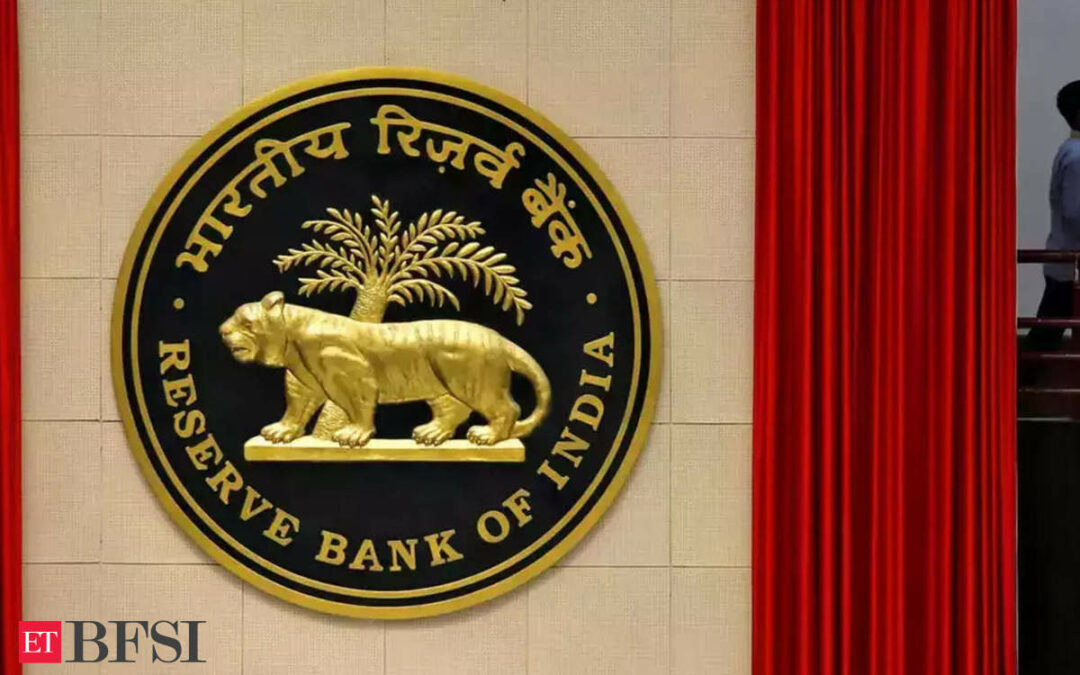In a significant move to bolster fraud detection and prevention, the Reserve Bank of India (RBI) has mandated banks to implement a comprehensive framework for Early Warning Signals (EWS) and Red Flagging of Accounts (RFA). This framework is to be incorporated into the banks’ overall Fraud Risk Management Policy, approved by their respective Boards.
“A Red Flagged Account is one where suspicion of fraudulent activity is thrown up by the presence of one or more EWS indicators, alerting / triggering deeper investigation from potential fraud angle and initiating preventive measures by the banks,” RBI said in its
Master Directions on Fraud Risk Management in Commercial Banks.
The RBI has directed that the Risk Management Committee of the Board (RMCB) oversee the effectiveness of the EWS and RFA framework. Senior management within banks will be responsible for implementing this robust framework. The identified EWS indicators for monitoring credit facilities, loan accounts, and other banking transactions must be approved by the RMCB. The committee is also tasked with prescribing an appropriate Turnaround Time (TAT), preferably not exceeding 30 days, for examining EWS alerts and triggers.
“RMCB shall review the status of red flagged accounts, including the EWS alerts / triggers, remedial actions initiated by the bank, etc. at periodic intervals as approved by the Board,” the RBI said, adding the framework shall be subject to suitable validation in accordance with the directions of RMCB so as to ensure its integrity, robustness and consistency of the outcomes.
Key components of the EWS/RFA framework include integration with Core Banking Solutions (CBS) or other operational systems, timely initiation of remedial actions on alerts, periodic reviews of credit sanction and monitoring processes, and effective use of the Central Repository of Information on Large Credits (CRILC) database and the Central Fraud Registry (CFR).
“The EWS system shall be comprehensive and designed to include both the quantitative and qualitative indicators to make the framework robust and effective. The broad indicators which the EWS system may illustratively capture could be based on the transactional data of accounts, financial performance of borrowers, market intelligence, conduct of the borrowers, etc,” it said
To support these efforts, banks are required to establish dedicated Data Analytics and Market Intelligence (MI) Units. These units will facilitate the collection and processing of relevant information to enable early detection and prevention of potentially fraudulent activities.
Generation of EWS alerts will necessitate an examination to determine if the account needs to be red flagged and investigated for potential fraud, the RBI said. Accounts meeting the CRILC reporting threshold, once red flagged, must be reported to the Reserve Bank within seven days.
Upgrading systems
The RBI has also emphasised the need for banks to continuously upgrade their EWS systems to enhance their integrity and robustness. The systems should efficiently monitor non-credit related transactions and prevent fraudulent activities through the banking channel.
Banks shall remain vigilant in monitoring transactions / unusual activities, specifically in the non-KYC compliant and money mule accounts etc, to contain unauthorised / fraudulent transactions and to prevent misuse of banking channel.
Banks have been given a six-month deadline to implement or upgrade their existing EWS systems in compliance with these new directions.
‘The design and specification of EWS system shall be robust and resilient to ensure that integrity of system is maintained, personal and financial data of customers are secure and transaction monitoring for prevention / detection of potential fraud is on real-time basis,” the RBI said.











